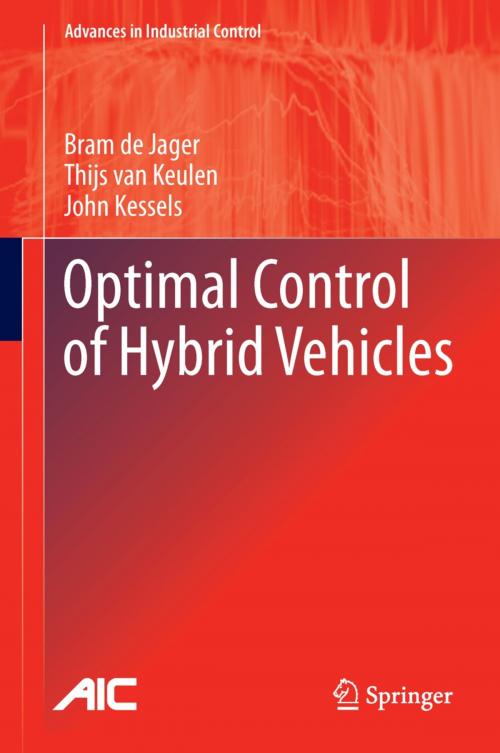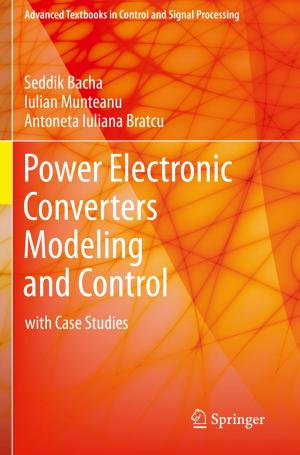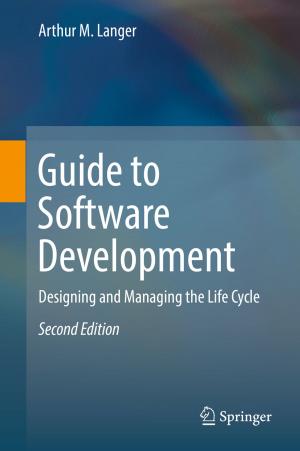Optimal Control of Hybrid Vehicles
Nonfiction, Science & Nature, Technology, Automation, Engineering, Automotive| Author: | Bram de Jager, Thijs van Keulen, John Kessels | ISBN: | 9781447150763 |
| Publisher: | Springer London | Publication: | April 5, 2013 |
| Imprint: | Springer | Language: | English |
| Author: | Bram de Jager, Thijs van Keulen, John Kessels |
| ISBN: | 9781447150763 |
| Publisher: | Springer London |
| Publication: | April 5, 2013 |
| Imprint: | Springer |
| Language: | English |
Optimal Control of Hybrid Vehicles provides a description of power train control for hybrid vehicles. The background, environmental motivation and control challenges associated with hybrid vehicles are introduced. The text includes mathematical models for all relevant components in the hybrid power train. The power split problem in hybrid power trains is formally described and several numerical solutions detailed, including dynamic programming and a novel solution for state-constrained optimal control problems based on the maximum principle.
Real-time-implementable strategies that can approximate the optimal solution closely are dealt with in depth. Several approaches are discussed and compared, including a state-of-the-art strategy which is adaptive for vehicle conditions like velocity and mass.
Three case studies are included in the book:
• a control strategy for a micro-hybrid power train;
• experimental results obtained with a real-time strategy implemented in a hybrid electric truck; and
• an analysis of the optimal component sizes for a hybrid power train.
Optimal Control of Hybrid Vehicles will appeal to academic researchers and graduate students interested in hybrid vehicle control or in the applications of optimal control. Practitioners working in the design of control systems for the automotive industry will also find the ideas propounded in this book of interest.
Optimal Control of Hybrid Vehicles provides a description of power train control for hybrid vehicles. The background, environmental motivation and control challenges associated with hybrid vehicles are introduced. The text includes mathematical models for all relevant components in the hybrid power train. The power split problem in hybrid power trains is formally described and several numerical solutions detailed, including dynamic programming and a novel solution for state-constrained optimal control problems based on the maximum principle.
Real-time-implementable strategies that can approximate the optimal solution closely are dealt with in depth. Several approaches are discussed and compared, including a state-of-the-art strategy which is adaptive for vehicle conditions like velocity and mass.
Three case studies are included in the book:
• a control strategy for a micro-hybrid power train;
• experimental results obtained with a real-time strategy implemented in a hybrid electric truck; and
• an analysis of the optimal component sizes for a hybrid power train.
Optimal Control of Hybrid Vehicles will appeal to academic researchers and graduate students interested in hybrid vehicle control or in the applications of optimal control. Practitioners working in the design of control systems for the automotive industry will also find the ideas propounded in this book of interest.















